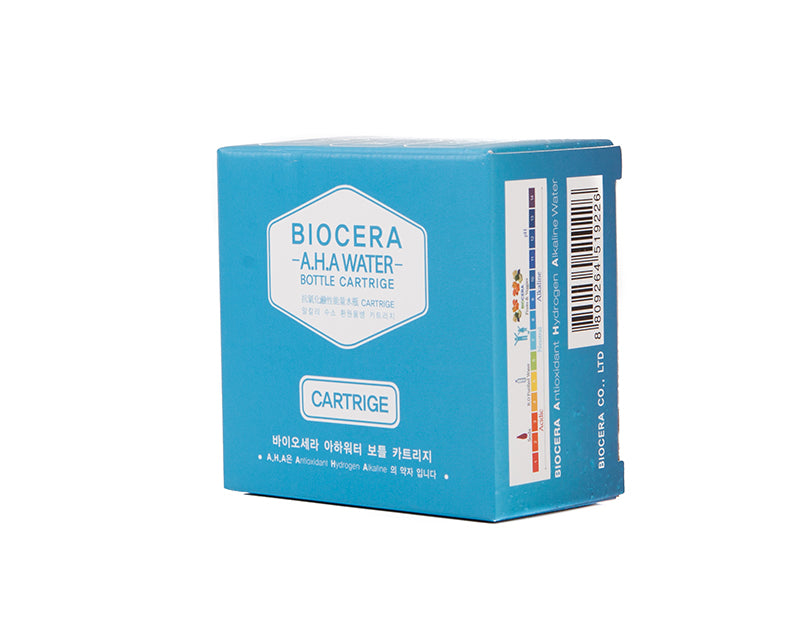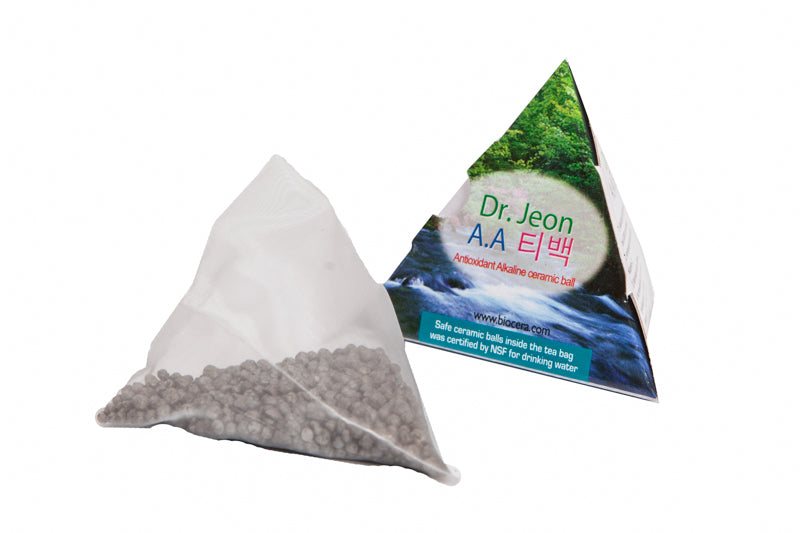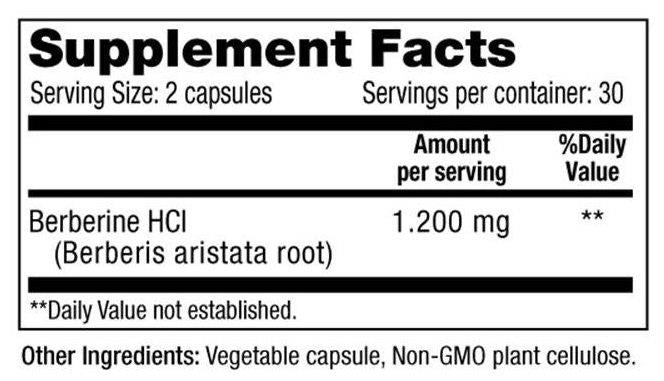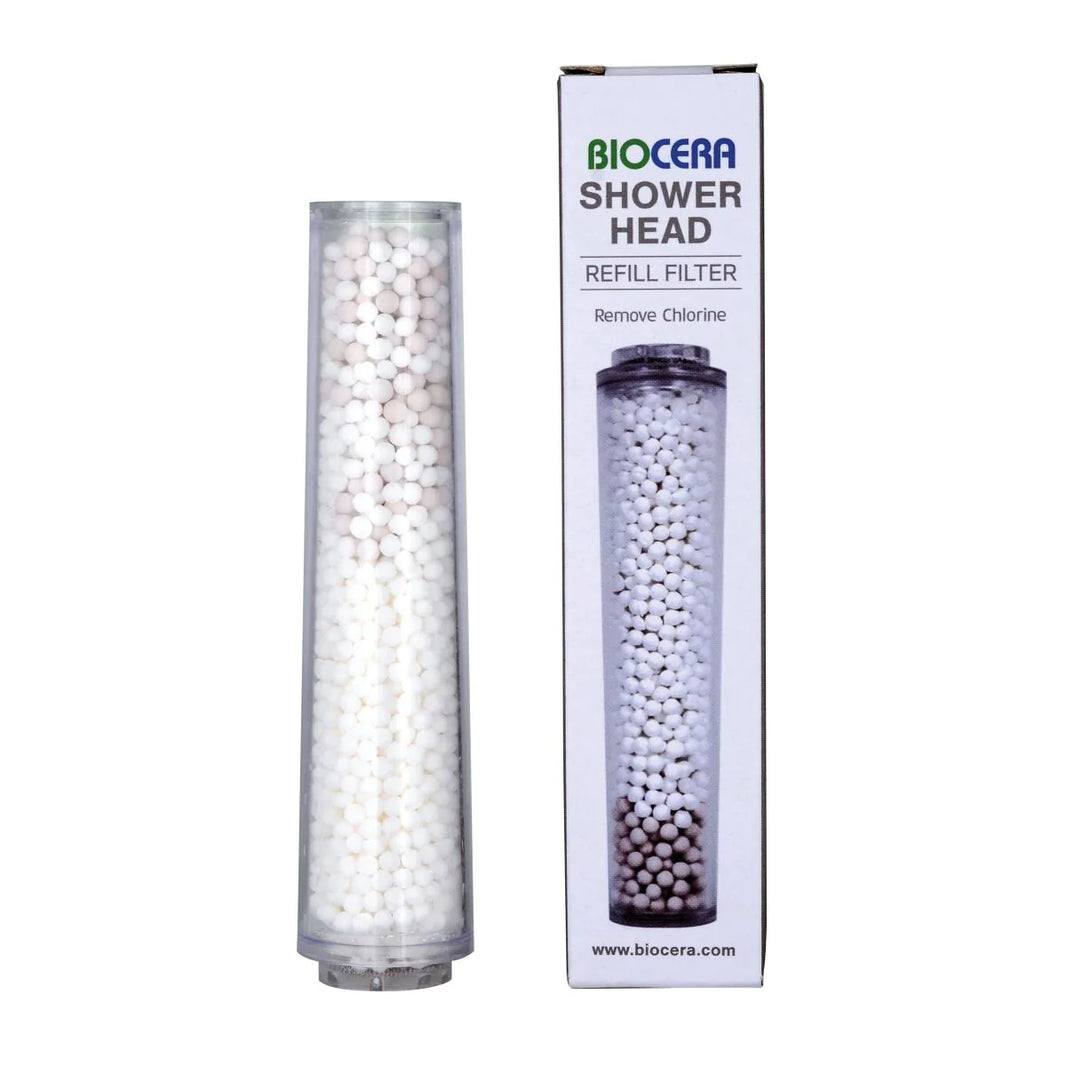With the news that dementia has overtaken heart disease as the leading cause of death in England and Wales, people are understandably keener than ever to preserve their cognitive health.
Dementia, including Alzheimer’s Disease, accounted for 61,000 deaths in 2015 – 11.6% of the total figure. The Office for National Statistics (ONS) has attributed the data to an ageing population.
MCT Oil Offers Dementia Sufferers Hope
Given that dementia diagnoses are on the rise, it’s little wonder that the literature on the condition has also expanded, with much research being devoted to finding a cure. Notwithstanding the seriousness of the aforementioned statistics, there is some cause for optimism.
Indeed, an increasing body of evidence points to measures and means of combating the disease. These can be as simple as learning new facts to help forge fresh neural pathways or incorporating omega-3 fats into your diet.
Ketones are Key
The evidence endorsing the efficacy of MCT oil (or medium chain triglyceride oil, to give the full title) is compelling. MCT oil is a type of medium chain fatty acid, one which is broken down into ketones by the liver. Because the digestive system is largely bypassed in this process, MCTs can quickly cross the blood-brain barrier and supply energy to brain cells.
Feeding the Brain
The degenerative effects of Alzheimer’s are well documented. When the disease takes hold, brain cells become fiercely resistant to insulin, meaning they don’t get the glucose they so dearly require.
Consuming MCT oil is a way, therefore, of feeding and fuelling the brain – not with glucose, but with ketone bodies derived from the medium chain triglycerides.
One oft-cited study published in the journal Neurobiology of Aging showed the administration of MCTs to almost immediately improve cognitive function in older adults suffering from memory disorders. The study, which involved 20 subjects battling Alzheimer’s or mild cognitive impairment, showed the treatment to facilitate improved performance on the Alzheimer’s Disease Assessment Scale-Cognitive Subscale (ADAS-cog) in a number of subjects.
Needless to say, this is not the only academic work to engender such encouraging results. In 2017, a further study found that "MCT can improve cognitive function in Mild Cognitive Impairment patients or stabilise it in moderate to severe Alzheimer's Disease patients."
What if There Was a Cure?
A high-profile proponent of MCT oil is Dr. Mary Newport. When her husband developed early-onset Alzheimer’s, she built MCT and coconut oil into his diet, thereafter recording her findings in the book Alzheimer’s Disease: What If There Was A Cure?
In the book, Dr. Newport reports that MCT oil slowed the progression of her husband’s disease. What’s more, analysis supported by the French National Institute of Health and Research highlighted MCT oil’s effectiveness in treating certain brain disorders (specifically Huntington’s disease) as a consequence of its ketone production. “Our study suggests that this drug (Triheptanoin) in the form of oil may be able to improve the brain metabolic profile in early stages of the disease,” noted study author Fanny Mochel, MD, PhD, with the Pitié-Salpêtrière University hospital in Paris, France. “We saw improvement in movement and motor skills in people with Huntington’s after one month of therapy.”
Making a Stand
There’s no getting around it: the ONS figures are troubling. With that being said, a veritable tide of information has become available to us, and making a stand against dementia is now possible.
MCT oil represents an important weapon we should all utilise in the fight against this forbidding condition. Meanwhile, the evidence supporting its value continues to mount.























Leave a comment